The Opening
Zhang Shanjian 2022-01-16 19:00
It took several days from the moment the idea sparked to the point of putting pen to paper. That night, unable to sleep, I was eager to share these thoughts and musings with everyone. Upon waking, I understood the old saying, “Everything is difficult at the beginning.” It was indeed challenging; I fell ill right after this fresh idea emerged and only after two days of rest at home could I begin writing the first sentence about Zhang Sanjian.
The rampant spread of COVID-19 has greatly reduced everyone’s scope of activities. There’s a saying, “Read thousands of books and travel thousands of miles,” but now, following national epidemic prevention policies, traveling far might be difficult for many. However, even if our physical steps can’t reach distant places, I hope our thoughts can find direction and continue to journey far.
As a child, my mother often encouraged me to read with a saying: “Even if wealthy, one could lose it all overnight, but with knowledge and talent, you can go anywhere. What can’t be taken away is a person’s knowledge and talent. The charm of being well-read and cultured will shine through, even through worn sleeves. And where does this knowledge and talent come from? From reading!” She would repeat these words often to emphasize their importance.
As a child, I didn’t take this advice seriously. I loved outdoor sports and didn’t heed the adults’ advice. To me, their words were like the sound of a basketball swishing through the net, heard for a moment and then forgotten.
Reflecting on my past, I realize I lacked much and have a lot of knowledge to catch up on. The purpose of creating this account was to share and discuss the books and movies I’ve experienced, and also to motivate myself to read more, creating a positive cycle. Let’s get back on track and talk about a book I’m currently reading.
“JUSTICE” by
The first sentence on the cover is “JUSTICE: What’s the Right Thing to Do?”
The translation given by Professor Zhu is ‘Justice: What is the best course of action?’ Although I’m not highly educated, I also wanted to try translating this sentence as ‘Justice, how should it be done correctly?
After reading this book, it reaffirmed that learning is endless, and maintaining humility is essential for progress. Many things cannot be simply measured as right or wrong. We are all striving for a more harmonious, better, and healthier society.
Although it appears to be a simple English sentence, the Chinese language is profound, and achieving accurate translation demands a deep foundation in linguistic skills. Therefore, Mr. Zhu’s translation of ‘What is the best course of action’ conveys the author’s intent more precisely, deserving praise for his expertise.
Chapter 1: Doing the Right Thing
In the summer of 2004, Hurricane “Charley” swept through Florida and into the Atlantic, claiming 22 lives and causing $11 billion in economic losses. This event sparked a debate about anti-price gouging laws.
Some argue that attempting to profit from others’ difficulties and suffering is wrong, especially during critical moments like evacuations or when people are seeking basic necessities after a hurricane. They believe that charging excessively high prices in such situations is unethical, and the government should intervene.
On the other hand, some believe that pricing based on market dynamics is not fraud or greed but rather a way for goods and services to be allocated in a free society. They argue that these high prices reflect real free-market exchanges.
From this, we will delve into where the boundaries of morality and law truly lie. We cannot use the law to forcibly require everyone to be morally upright. As individuals, people can choose to be morally low, morally moderate, or morally upright. To what extent a person’s morality has deteriorated to warrant legal sanctions is something that we, as a nation governed by the rule of law, have defined through the tireless efforts of legal experts from each generation.
I believe that most people aspire to be morally upright individuals, but it may be difficult to be flawless in morality for various reasons. As the ancients said, ‘To recognize one’s mistakes and be able to correct them is the greatest virtue.’ We should allow a person to continuously correct and improve themselves morally. Of course, within the boundaries of not harming others, everyone has the freedom to choose. Legal measures should be the last resort, not a tool for judging a person’s moral standing.
The Runaway Trolley
Suppose you are driving a tram, and in front of you, you see 5 workers working on the tracks. You try to stop, but you can’t because the brakes have failed. Suddenly, you notice a side track to the right, where there is also 1 worker. You realize that if you hit this person, the other 5 workers can be saved.”
I’d like to ask, how would everyone choose?
Similarly, it’s an out-of-control tram, and the tram is about to collide with these 5 workers. You, standing on the platform, notice that there is a sturdy-looking person standing beside you, and pushing him down could stop the tram’s progress, potentially causing him to be hit, but saving the 5 workers. (You’ve considered jumping onto the tracks yourself, but realize you’re too small to stop the tram.)
How would everyone choose again?
It’s still a matter of sacrificing one person to save 5 lives. Why is pushing someone down the tracks more difficult to accept than turning the tram’s steering wheel? So what we need to consider is that, while it may seem to lead to the same result, the specific process and the environment in which it occurs are completely different.
The Afghan Goatherds
An American Navy officer spared 2 Afghan Goatherds—a ‘kind act’ that resulted in the sacrifice of all 19 of his comrades. This officer lived his whole life in regret and remorse, with only himself surviving. I believe that if he were given another chance to choose, he would definitely eliminate those 2 seemingly innocent Afghan goatherds.
Unfortunately, life doesn’t come with second chances, and we lack the ability to foresee the future.”
Chapter 2: The Greatest Happiness Principle/ Utilitarianism
In the summer of 1884, four British sailors were stranded in a small lifeboat in the South Atlantic. When their lives were seriously threatened, they were forced to kill and eat the young cabin boy (who was an orphan) in order to sustain themselves and ultimately be rescued. This story introduces Jeremy Bentham’s utilitarianism.
Interestingly, this utilitarianism is somewhat similar to the concept we are familiar with, ‘sacrifice the self for the greater good.'”
Let’s take a look at the story of ‘The City of Happiness.’ Violating the rights of an innocent child, even if they could bring happiness to the entire city, is morally unacceptable. It’s somewhat similar to feudal superstition societies that used virgin boys and girls for sacrificial rituals to appease the gods and ensure favorable weather for their villages.
We cannot measure a person’s life with money or other values, nor can we quantify a person’s suffering with a price.
“It is better to be a human being dissatisfied than a pig satisfied; better to be Socrates dissatisfied than a fool satisfied. And if the fool, or the pig, are of a different opinion, it is because they only know their own side of the question.”— John Stuart Mill
“The St. Anne’s Girl” is an interesting story that is worth reading. Ha-ha~
Even in death, Jeremy Bentham promotes the greatest good for the greatest number.
The book later also touches on the iconic basketball star Michael Jordan, etc. etc… Everyone, let’s go read the book!
Finally, thank you all for patiently reading it all. I will continue to share my favorite books and movies.
Thanks for bearing with me for any improper punctuation I may have used. Please forgive and understand, it’s my first attempt.
……
……
……
Do you think it’s over?
I want to share another story with everyone, not afraid of being laughed at, because I haven’t learned the skill of voice-to-text. Last night, I spent 4 hours typing 1929 words, and at the last moment, I didn’t save it. I felt as if lightning had struck on a clear day, almost passing out. I’ve never felt so foolish. But I must live up to this name, Zhang Sanjian, strong! I told myself it’s fortunate that it was only 1929 words that weren’t saved, not 10,000 words. I feel a bit better now…
I will persevere!

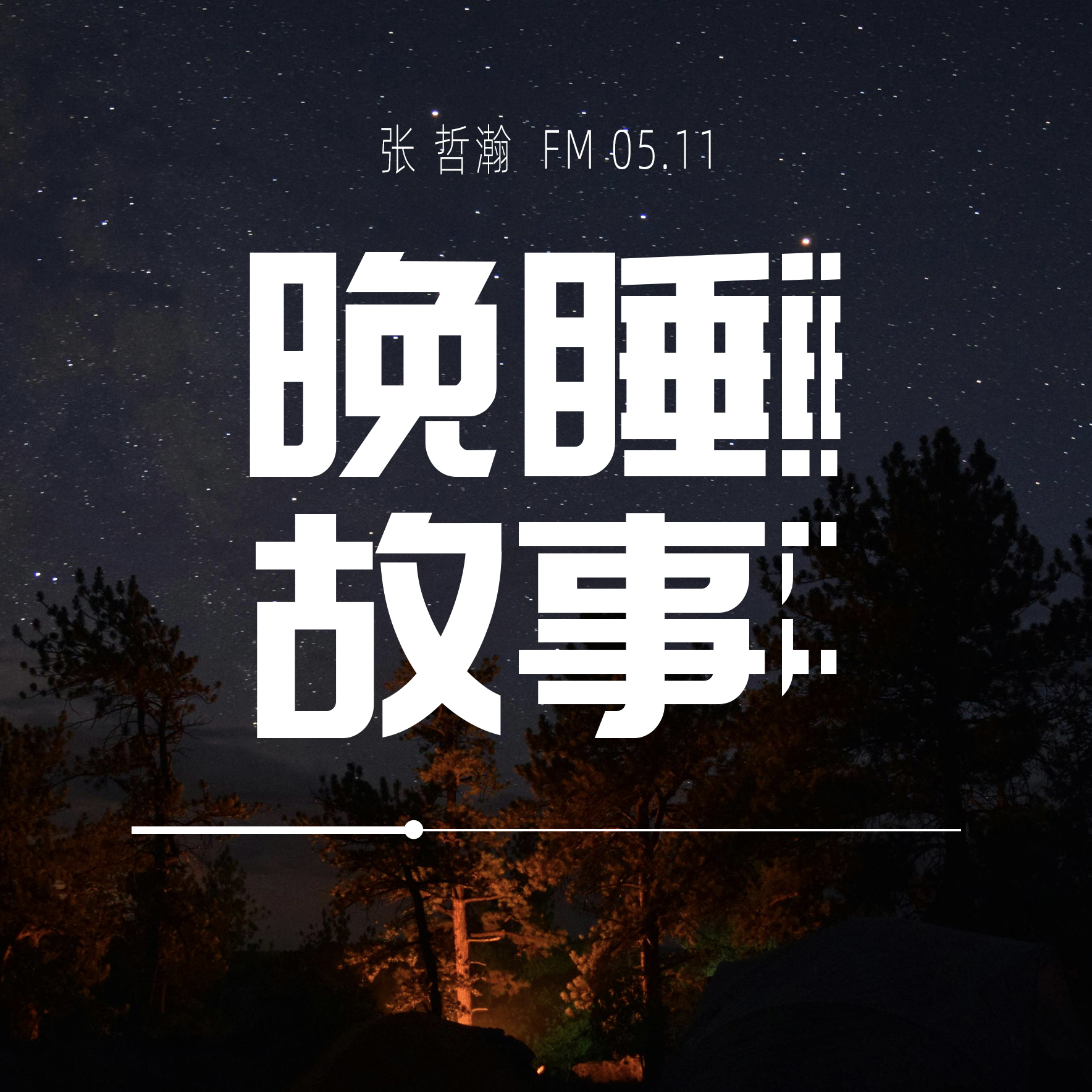
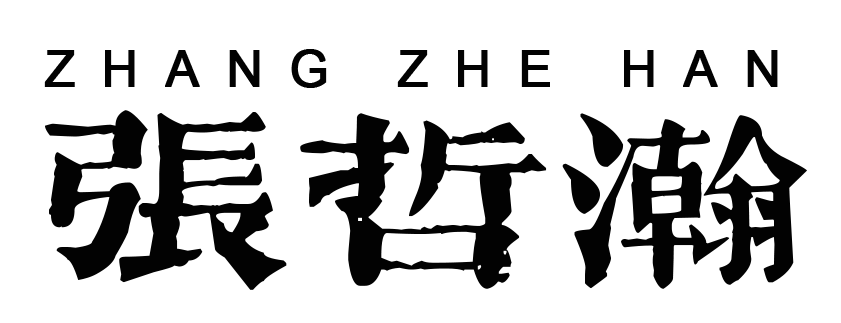
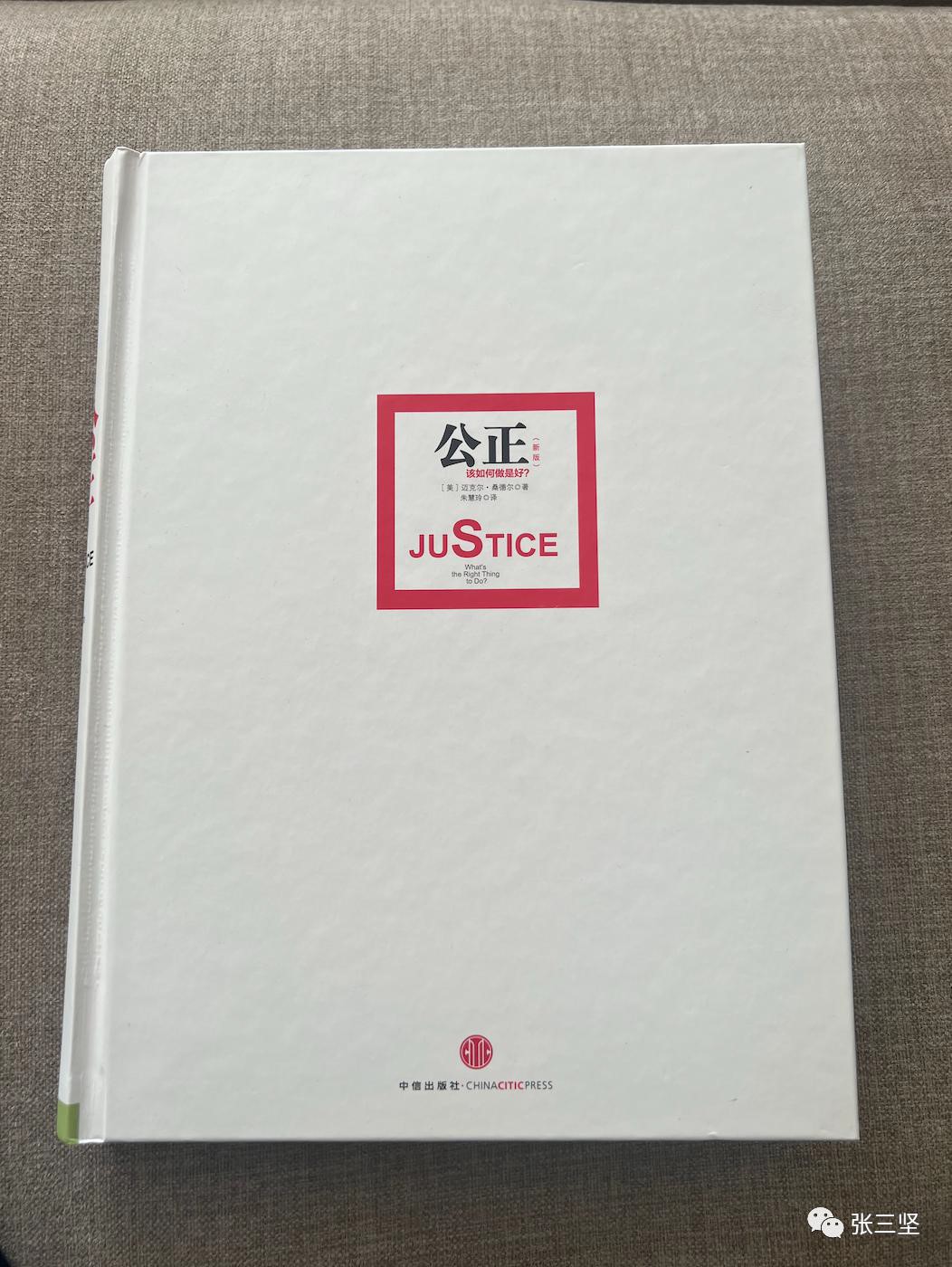
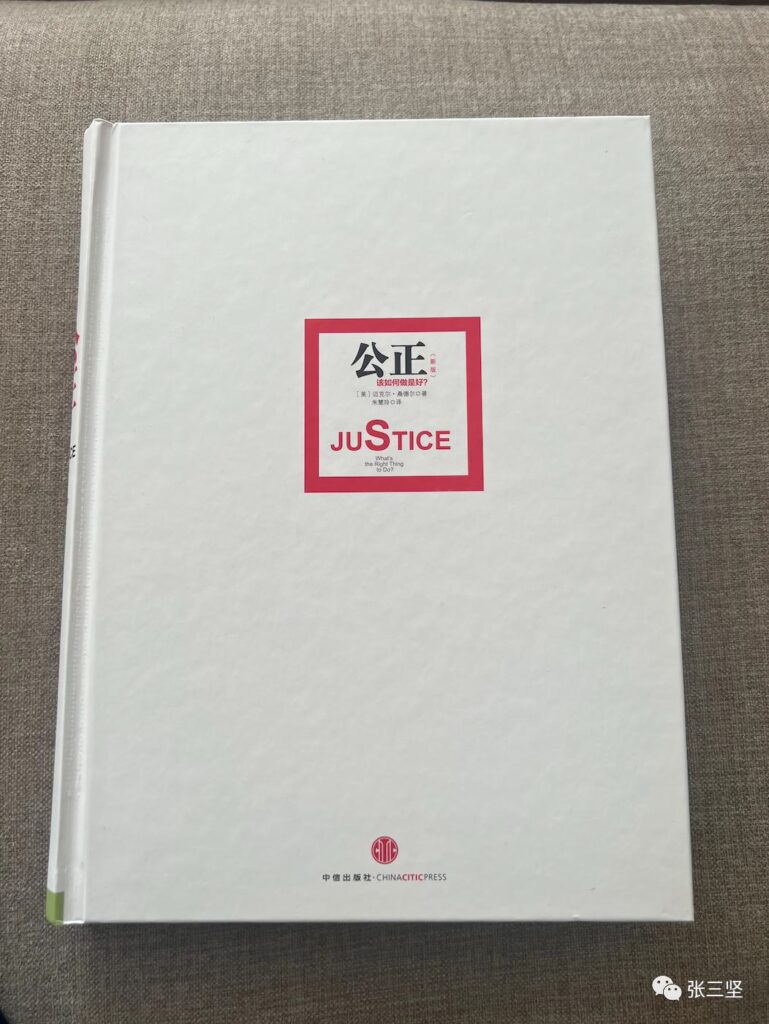

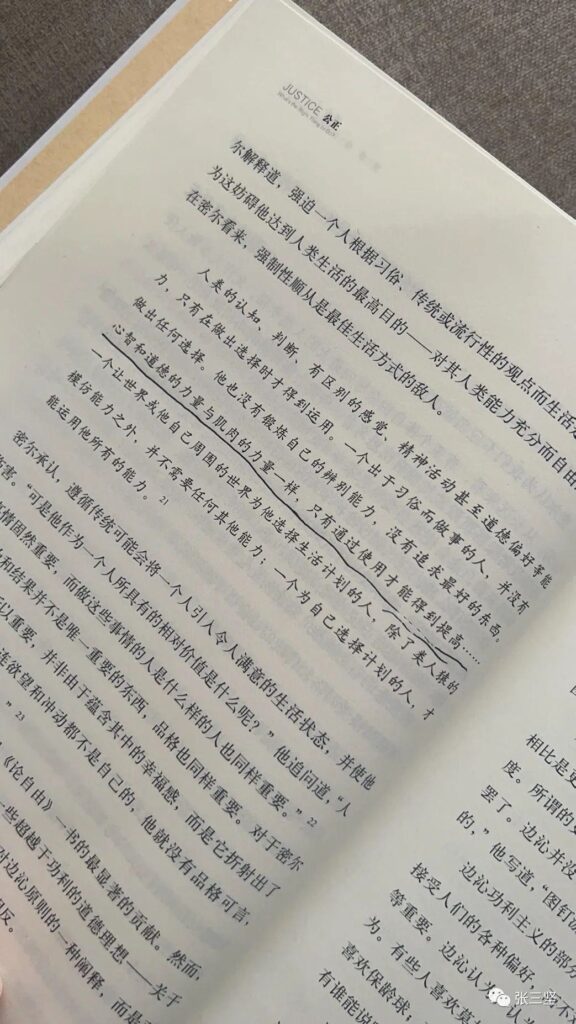


Hi 小哲, Have you read Marcus Aurelius’ “TA EIS HEAUTON”? I reread the 4th volume, verse 17 today for the first time in a while. And it reminded me of you, so I came here. What is justice? For me, it is “whatever position I am in, I should continue to ask myself and others what justice is, and not run away from that thought.” Did you get some kind of answer now? I would like to ask you that.
翻译 Translate
Love to read your articles. Waiting for the new one .❤️
翻译 Translate
Morality is such a fragile thing. As long as the “good” deed will be rewarded and the “bad” one (or doing nothing) punished, and the one “doing” it knows, is it still a good deed? Did the person do it because their moral compass tells them to, or did they only choose this to get rewarded or not punished? I could never figure out if there even is an answer to that because no human starts without values superimposed on them by their upbringing. So we always start with a “guideline” full of rewards and punishments. Are humans even able to be truly altruistic?
There is this saying by Edmund Burke: “The only thing necessary for evil to triumph in the world is that good men do nothing”. Maybe we are not supposed to have such a concept as the moral compass in the first place. There is no black and white, just shades of gray, after all. Maybe we are just supposed to do our little steps and leave something behind which hopefully will allow those coming after us to see more than we were able to. Maybe those 1929 words were the stepping stone needed to write thousands and hundred thousands more ^_^
翻译 Translate
I’m back!! Again ❤️
翻译 Translate
I read the last paragraph before but not for the whole story. Thanks for keep it all here.
翻译 Translate
I just found this treasure!! I even translate in Thais language
翻译 Translate
Reread JianGe blog after streaming party last night
What a gem
Captain, I hope you will get the justice somehow
翻译 Translate
San Jian’s initial motivation for starting to write is touching; it’s about healing oneself and healing others.
翻译 Translate